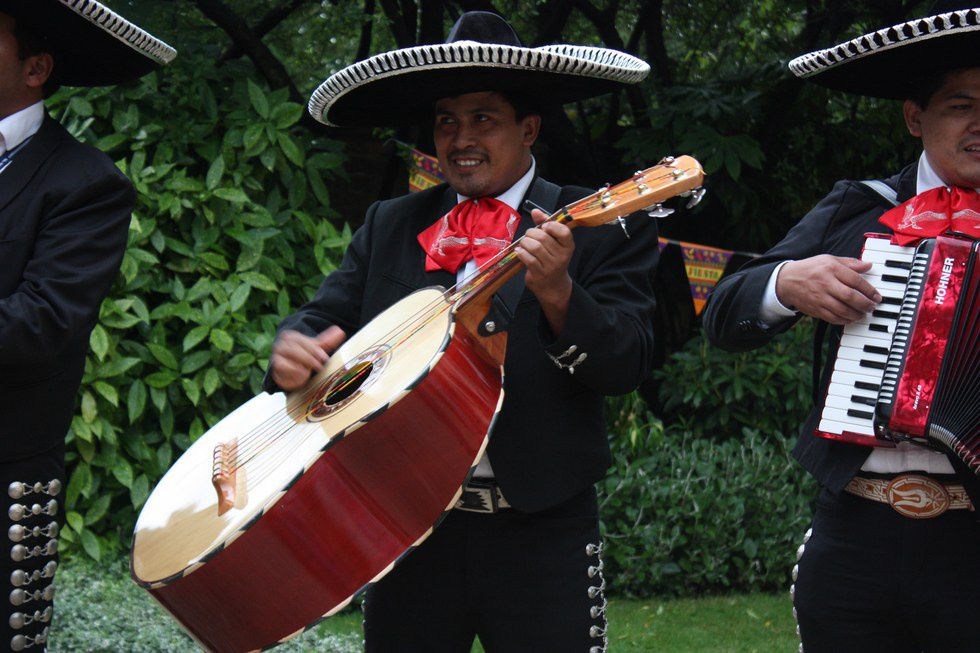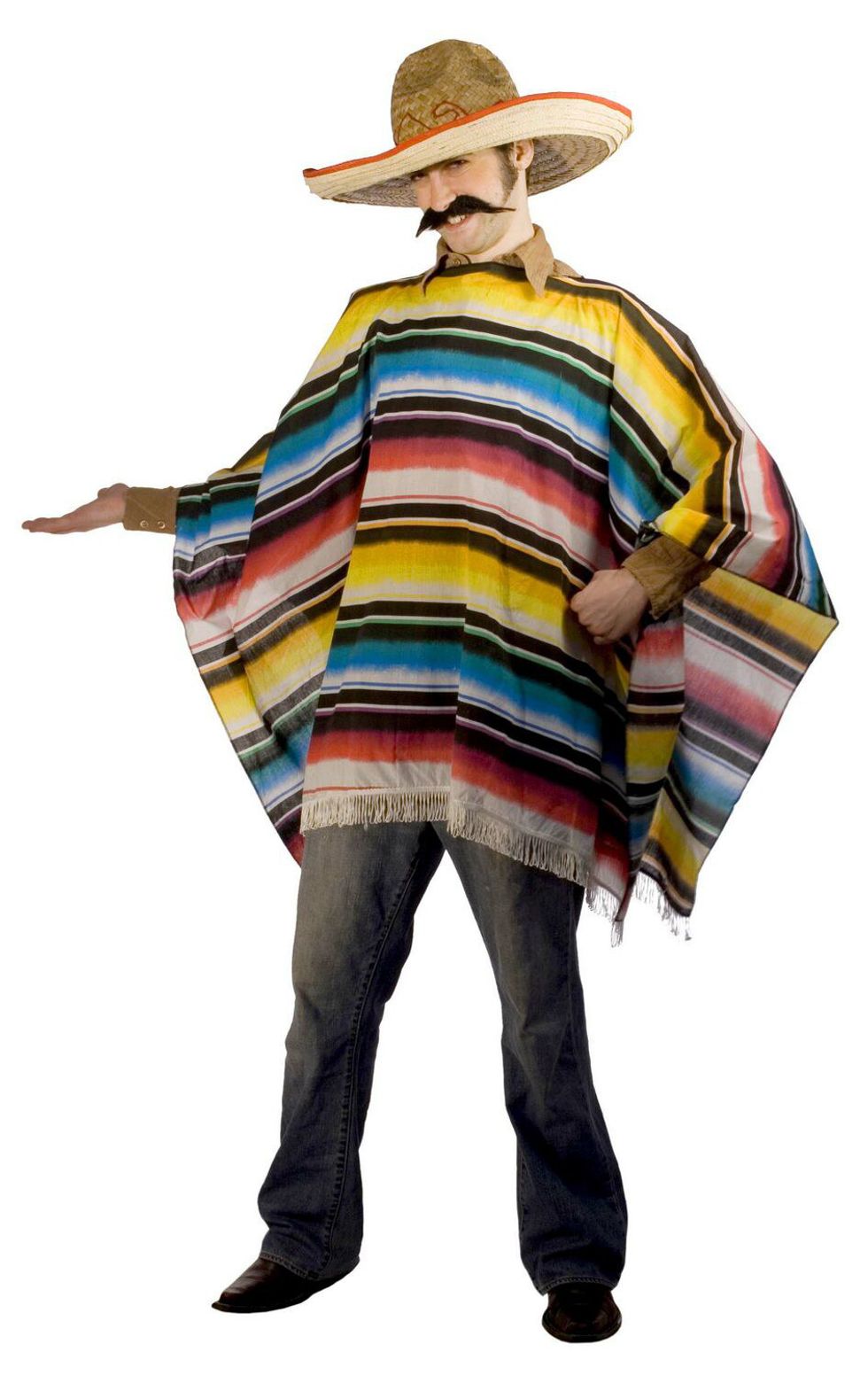Halloween is upon us and I am both excited and nervous. I am excited because I get to go trick-or-treating this year while participating in community service. I am nervous for two reasons. The first reason I am nervous is because Halloween falls on a school night and I will most likely have a good chunk of homework I will need to complete once I finish stuffing my face with candy. The second reason I’m nervous is because I know there will be a great deal of people who use others’ culture as a costume. One reason I am talking about the use of others’ culture as a costume is because often times the cultures I have a tie to are misrepresented through Halloween costumes. I am Native American and Mexican; for years I have seen my cultures being worn falsely. However, it wasn’t until recently that I finally took notice and understood what was wrong with what I was witnessing.
According to Urban Dictionary, cultural appropriation is “The ridiculous notion that being of a different culture or race (especially white) means that you are not allowed to adopt things from other cultures. This does nothing but support segregation and hinders progress in the world. All it serves to do is to promote segregation and racism.” I have two problems with this definition. The first problem is that the definition comes from a website where definitions are given for slang or pop-culture terms. Users then have the ability to upload their own definitions so bias plays a big role in the definition. The second problem with the definition is that it sounds as though it were uploaded by a person of a Caucasian background who may have been called out for cultural appropriation more than once and is unhappy about it. (Inserts the Kermit the frog drinking tea meme here). Unfortunately, there is no Webster’s definition for cultural appropriation. Until there is, opinion on the proper definition will have to suffice.
In my opinion, a more eloquent definition of the term would be "a minority group or culture that is exploited, often times by a dominant group or culture." Stereotypes and generalizations are then reinforced by this exploitation. There is nothing wrong with having a fascination about a culture that is not yours. A problem arises when a person misrepresents a culture because they chose to portray it based on what they’ve seen in storybooks or on television. Dress and rituals are used out of context. If a person wants to delve into another culture then they should educate themselves. Ask questions, do research, go to cultural events, there are resources available that hold a plethora of answers. It’s one thing for an individual to give a compliment and say, “Wow, your people’s traditional clothing is vibrant and beautiful,” or to even ask a question about why a ceremony is performed a certain way. It is a totally different thing to slap on an adhesive mustache, serape, sombrero, and carry around an empty bottle of tequila and say that you’re a “Mexican” for Halloween. I can comprehend that this holiday is an “opportunity for people to be something that they’re not.” However, that does not excuse behavior or costumes that are racist. One other thing to keep in mind is that drawing inspiration from a culture is not the same thing as cultural appropriation. Just remember to give credit to those that have inspired you.
Culture vs. Costume
By the time this article is published, individuals will have already picked out their costumes and will have made a decision about who or what they want to be for Halloween. This article is not trying to persuade others to change their costumes at the last minute if they think they might offend a certain culture. The end goal of this article is to try and make individuals think twice about their perceptions of a culture. No one is perfect. I can admit that I have stated offensive remarks about a culture in the past and I am ashamed for doing so. However, I try to grow from those poor choices and try to not make the same mistakes twice. I just ask and hope that people think consciously before they make remarks, assumptions, or attempt to represent a culture.










 The minimum wage is not a living wage.
StableDiffusion
The minimum wage is not a living wage.
StableDiffusion
 influential nations
StableDiffusion
influential nations
StableDiffusion












